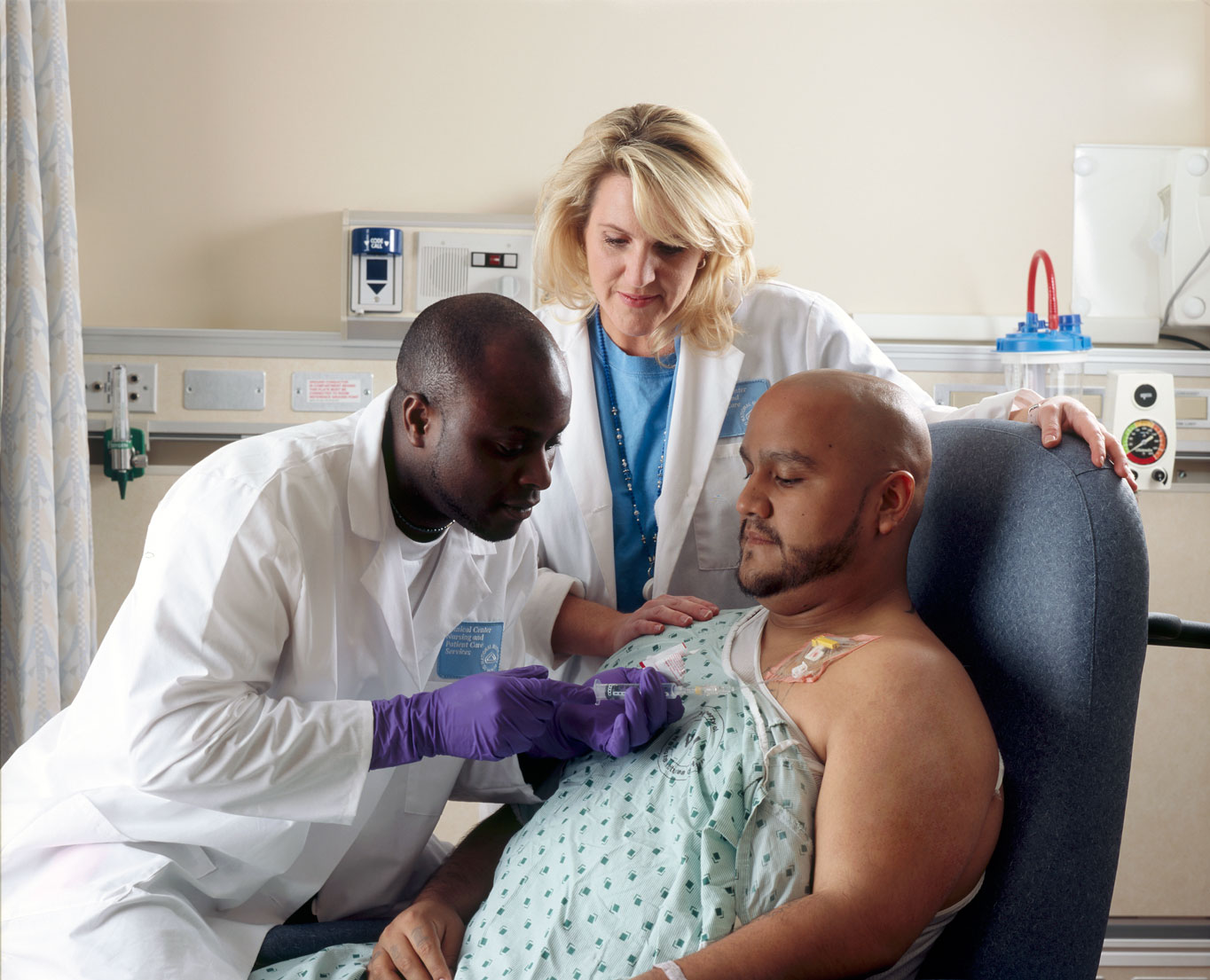Side Effects of Cancer Treatments and How to Cope
 No one wants to hear their doctor say the dreaded C-word. Cancer brings feelings of fear, worry and anger. However, many cancer treatments can improve your chances of survival, and around half of cancer patients go on to live ten years or more afterwards.
No one wants to hear their doctor say the dreaded C-word. Cancer brings feelings of fear, worry and anger. However, many cancer treatments can improve your chances of survival, and around half of cancer patients go on to live ten years or more afterwards.
While these treatments are great for improving your chances of survival, they do come with side effects. It’s not guaranteed that everyone will experience these effects, and it shouldn’t put off patients, but it’s important to understand what’s in store for your body.
To help prepare you, here are four well-known cancer treatments and their common side effects, with helpful tips on how to cope.
Chemotherapy
This is probably the most well-known cancer treatment due to its versatility. Chemotherapy is circulated through the bloodstream, reaching every part of the body, making it the go-to therapy for several cancer types.
There are several ways you can receive chemotherapy. Sometimes it’s given as a tablet or capsule, by infusion through the veins, and sometimes even an injection or cream. The way you receive this treatment will depend on your circumstances.
Main side effects
You may experience some of these side effects or many. It’s important to remember that these side effects are only temporary during treatment.
- Fatigue
- Weakness
- Nausea
- Fertility problems
- Low sex drive
- Bowel changes
- Hair loss
Chemotherapy tips
- Rest often
- Drink plenty of water
- Ask for nausea medication
- Buy a wig
Hormone therapy
Some cancer types will use hormones to grow and spread in the body. Hormone therapy blocks this ability and slows the spread of cancer. While this doesn’t work for all cancers, it can be used for breast, prostate, ovarian and womb cancer.
The kind of hormone therapy you get will depend on your type of cancer. This treatment can be given as pills, injections or even surgery to remove the ovaries or testicles.
Main side effects
There are both long-term and short-term side effects of hormone therapy. To understand the full impact, do not hesitate to talk to your doctor.
For men:
- Fatigue
- Erectile dysfunction
- Hot flushes
- Breast tenderness
- Weight gain
- Mood swings
For women:
- Fatigue
- Digestive problems
- Menopausal symptoms
- Hair thinning
- Bone changes
- Weight gain
- Headaches
- Memory issues
- Blood clots
- Mood swings
Hormone therapy tips
- Rest often
- Eat a healthy diet
- Quit smoking
- Reduce alcohol intake
- Moderate exercise
Immunotherapy
This type of cancer treatment aids the immune system to spot cancerous cells and destroy them. It can be used alongside other treatments such as surgery, chemotherapy or radiotherapy. It’s given through IV, orally, topically, or directly into the bladder.
There are also different kinds of immunotherapy treatments. Some include monoclonal antibodies (MABs), checkpoint inhibitors, cytokines and CAR-T cell therapy.
Main side effects
- Pain/soreness
- Swelling
- Redness/rashes
- Itchiness
- Flu-like symptoms
- Diarrhoea
Immunotherapy tips
- Eat a simple diet
- Reduce stress
- Stay hydrated
- Stop smoking
- Ask for lotion or cream to treat irritated skin
Radiotherapy
This cancer treatment uses radiation to treat cancer. It can be used both inside and outside of the body to treat several cancer types. It can be used to cure cancer, reduce its chance of reappearing, or just relieve symptoms alongside other treatments.
Main side effects
- Affects bone marrow
- Affects blood cells
- Affects fertility
- Fatigue
- Sore skin
- Decreased sex drive
Radiotherapy tips
- Get plenty of rest
- Avoid things that will irritate your skin further (such as perfume, deodorant, or lotions)
- Eat a well-balanced diet
- Try to exercise
Cancer and its treatments
Fighting cancer is a tiring, frustrating process. It’s hard but worth it to get into remission. Although challenging, try to stay positive and look on the bright side.
For the full list of side effects of your treatments, don’t hesitate to talk to your doctor. They can answer any pressing questions you may have and can provide reassurance.
You’ve got this – all the best!






